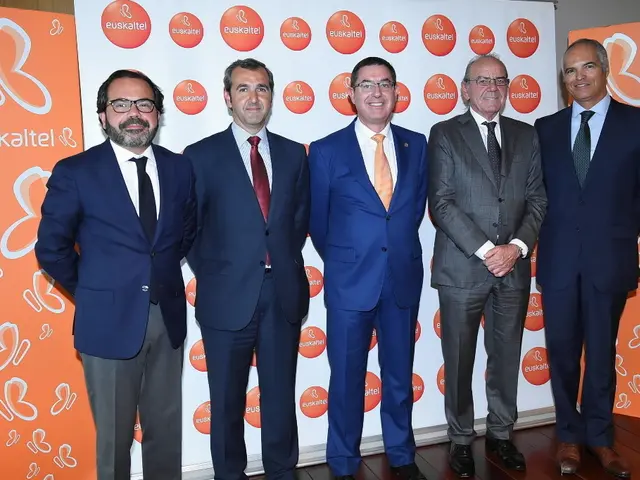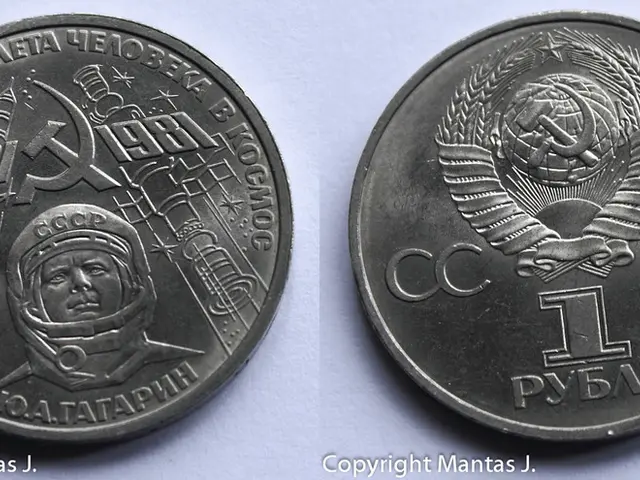United States President Trump seals technological collaboration agreement with the United Kingdom
The Technology Prosperity Deal (TPD), a landmark science and technology agreement, was recently signed by President Donald J. Trump and Prime Minister Keir Starmer. This historic pact aims to propel the U.S.-UK special relationship to new heights for the technological age.
The TPD establishes joint initiatives between the U.S. and UK's premiere research and standards institutions across artificial intelligence, nuclear energy, and quantum computing. Key institutions involved in strengthening the quantum computing sector and accelerating a secure quantum supply chain and capabilities in defense, finance, energy, and other areas include the governments of the United States and the United Kingdom, supported by collaboration with state agencies, universities, and the private sector. Notable partners include tech giants like Microsoft, Google, Nvidia, and investment firms such as Blackstone.
This collaboration is formalized through the TPD, which includes a ministerial working group to govern and monitor joint initiatives, promoting shared standards and developments in software, hardware, and quantum algorithms.
The TPD also focuses on AI initiatives, with a particular emphasis on cancer and chronic disease research. The AI for Science research program, established under the TPD, brings together the U.S. Departments of Energy, Health, and the National Science Foundation, and their UK counterparts. This program focuses on cutting-edge biotechnology research and precision medicine.
Moreover, the TPD's AI initiatives will collaborate on automated labs and new scientific data sets. One such collaboration is the strengthening and refocusing of the partnership between the U.S. Center for AI Standards and Innovation (CAISI) and the UK AI Security Institute (AISI) for the exchange of best practices in metrology and standards development for AI models.
The TPD further ensures a secure and reliable supply chain for advanced nuclear fuels in both the U.S. and the UK. It commits the UK to achieve full independence from Russian nuclear fuel by the end of 2028, aligning with U.S. statutory commitments. To expedite licensing processes for nuclear reactors, the TPD aligns the U.S. Nuclear Regulatory Commission, the UK Office for Nuclear Regulation, and the UK Environment Agency.
The TPD also facilitates coordination of fusion energy research and development, including through the use of artificial intelligence. Reactor design reviews are targeted within two years, and site licensing within one year.
Lastly, the TPD establishes a joint benchmarking taskforce for quantum technologies, covering quantum computing hardware, software, and algorithms.
Michael Kratsios, Assistant to the President and Director of the White House Office of Science and Technology Policy, stated that the TPD further strengthens American technology leadership and ties to one of its closest allies. The TPD is expected to deliver benefits for the American people and American innovation globally.
Read also:
- Tesla is reportedly staying away from the solid-state battery trend, as suggested by indications from CATL and Panasonic.
- Airbus Readies for its Inaugural Hydrogen Fuel-Cell Engine Test Flight of Mega Watt Class
- Air conditioning and air source heat pumps compared by experts: they're not identical, the experts stress
- Tech Conflict Continues: Episode AI - Rebuttal to the Tech Backlash







